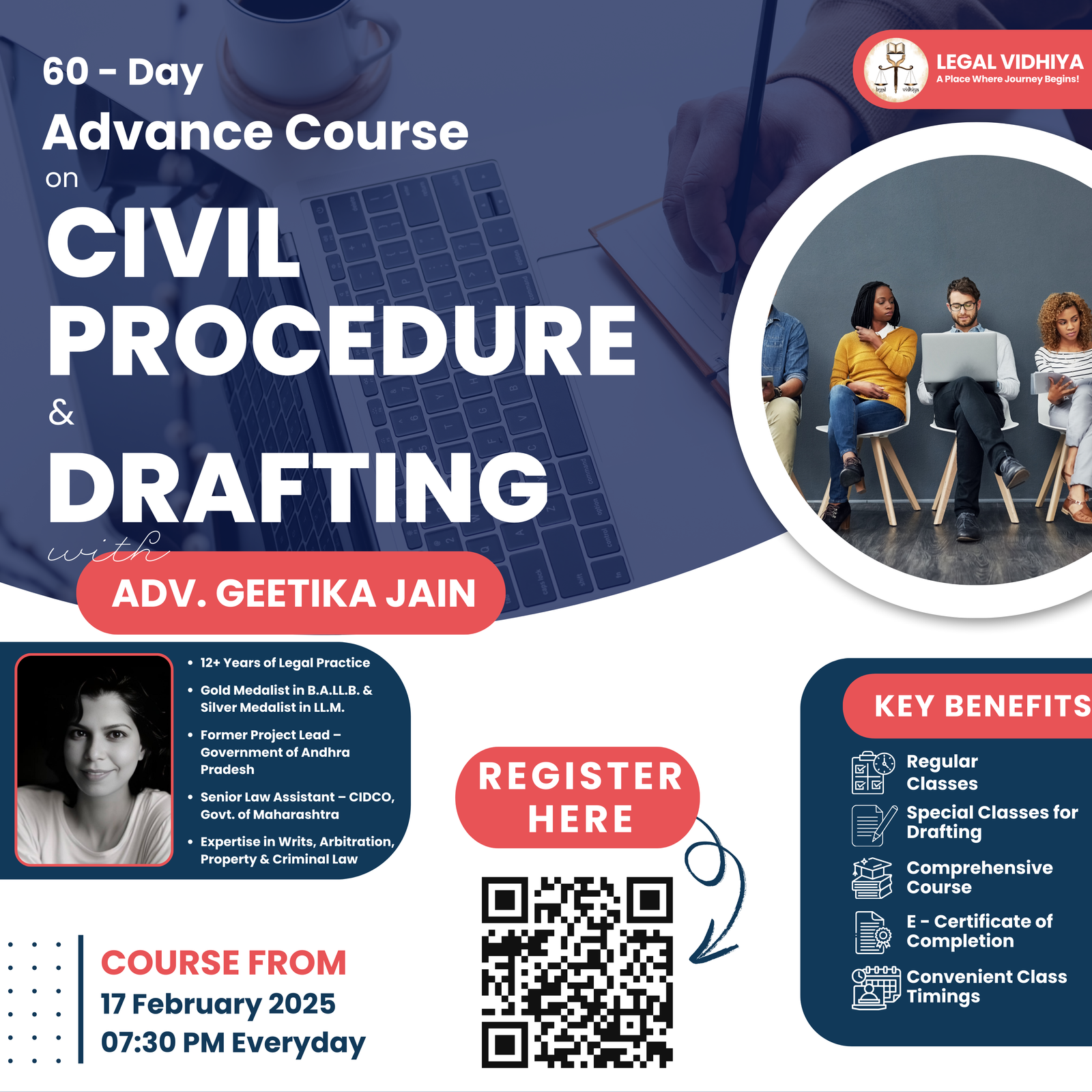
| Citation | 1971 AIR SC 1002 |
| Date of Judgment | 17/03/1971 |
| Court | Supreme Court of India |
| Appellant | U.N. R. Rao |
| Respondent | Indira Gandhi |
| Bench | Bench: Sikri, S.M.), Mitter, G.K., Hegde, K.S., Grover, A.N., Reddy, P. Jaganmohan |
| Referred | Article 75, 75(3),74 & 3, 74(1). |
| Case Type/ Issue | Writ Petition |
FACT OF CASE
The facts of the case U.N. R. Rao vs Smt. Indira Gandhi are as follows:
In 1969 and 1970, disputes arose between Indira Gandhi, the then Prime Minister, and Morarji Desai. Indira Gandhi advised the President to dissolve the Lok Sabha so that fresh elections could be conducted. The President then dissolved the Lok Sabha and requested Indira Gandhi to continue as the Prime Minister.
After this, petitioner U.N. Rao, an advocate of Madras, by writ of quo warranto prayed before Madras High Court for a declaration that the Prime Minister had no constitutional authority to hold office and to function as Prime Minister.
He said that “the Prime Minister and other Ministers ceased to hold office as soon as the House of the People was dissolved under Article 83 (2) of the Constitution.” The Council of Ministers is collectively accountable to the House of People, according to Article 75, paragraph 3, he stated. He contended that the Council of Ministers couldn’t be held accountable for the House of People’s dissolution under Article 83(2) since it didn’t exist.
His case was dismissed by the Madras High Court. After the dissolution of the Lok Sabha, he filed an appeal with the Supreme Court to contest Mrs. Indira Gandhi’s continued appointment as prime minister
ISSUE
The main issue discussed in the case of U.N. R. Rao vs Smt. Indira Gandhi was whether it is essential to have a Council of Ministers under Article 74 (1) even at a time when the House of the People has been dissolved or its term has expired.
The appellant, U.N. R. Rao, contended that as soon as the House of the People was dissolved under Article 83 (2) of the Constitution, the Council of Ministers i.e., the Prime Minister and other Ministers ceased to hold office. This argument was based on the wording of Article 75 (3) which provides that the Council of Ministers shall be collectively responsible to the House of People.
He contended that the Council of Ministers couldn’t be held accountable for the House of People’s dissolution under Article 83(2) since it didn’t exist.
ARGUMENT
He arguments presented in the case of U.N. R. Rao vs Smt. Indira Gandhi were as follows:
- Appellant’s Argument (U.N. R. Rao): The appellant contended that as soon as the House of the People was dissolved under Article 83 (2) of the Constitution, the Council of Ministers i.e., the Prime Minister and other Ministers ceased to hold office. This argument was based on the wording of Article 75 (3) which provides that the Council of Ministers shall be collectively responsible to the House of People.
- Respondent’s Argument (Smt. Indira Gandhi): The respondent argued that even though the Parliament is dissolved, the Prime Minister and her cabinet continue to exist as “caretaker” else the peace and administration of the country would be disturbed without any government. This view is also in accordance with the conventions followed not only in the United Kingdom but in countries following a similar system of responsible government.
JUDGEMENT
The judgement in the case of U.N. R. Rao vs Smt. Indira Gandhi was delivered by the Supreme Court of India on 17 March, 1971. The Supreme Court rejected the argument of the petitioner and held that the convention and concept of Collective responsibility have been adopted from the English law
. In England, the convention is that even though the Parliament is dissolved, the Prime Minister and her cabinet continue to exist as “caretaker” else the peace and administration of the country would be disturbed without any government.
The court held that there is nothing in the Constitution and in particular in Article 75 (3) which renders the respondent functioning as Prime Minister contrary to the Constitution. The Indian Constitution establishes a Parliamentary system of Government with a Cabinet, and not a Presidential form.
Article 75 (3) brings into existence a responsible Government, that is, the Council of Ministers must enjoy the confidence of the House of the People. In the context, it can only mean that Article 75 (3) applies when the House of the People does not stand dissolved or prorogued, for, when it is dissolved Naturally, the House of Representatives cannot have trust in the Council of Ministers. .But such dissolution of the House does not require that the Prime Minister and other ministers must resign, or cease to hold office or must be dismissed by the President, because, Article 74 (1) a requirement, and the Prime Minister-led Council of Ministers must be consulted in order fo in order for the President to use his executive power.
References
Written by Ziya Praveen an intern under legal vidhiya.


![SEPCO Electric Power Construction Corporation Vs. Power Mech Projects Ltd. [August2021]](https://legalvidhiya.com/wp-content/uploads/2025/01/image-63-360x240.png)
![Union of India Vs. Association of Unified Telecom Service Providers of India [July 23, 2021]](https://legalvidhiya.com/wp-content/uploads/2025/01/image-62-360x240.png)
![Dr. Harish Kumar Khurana Vs. Joginder Singh [2021]](https://legalvidhiya.com/wp-content/uploads/2025/01/image-61-360x240.png)
0 Comments